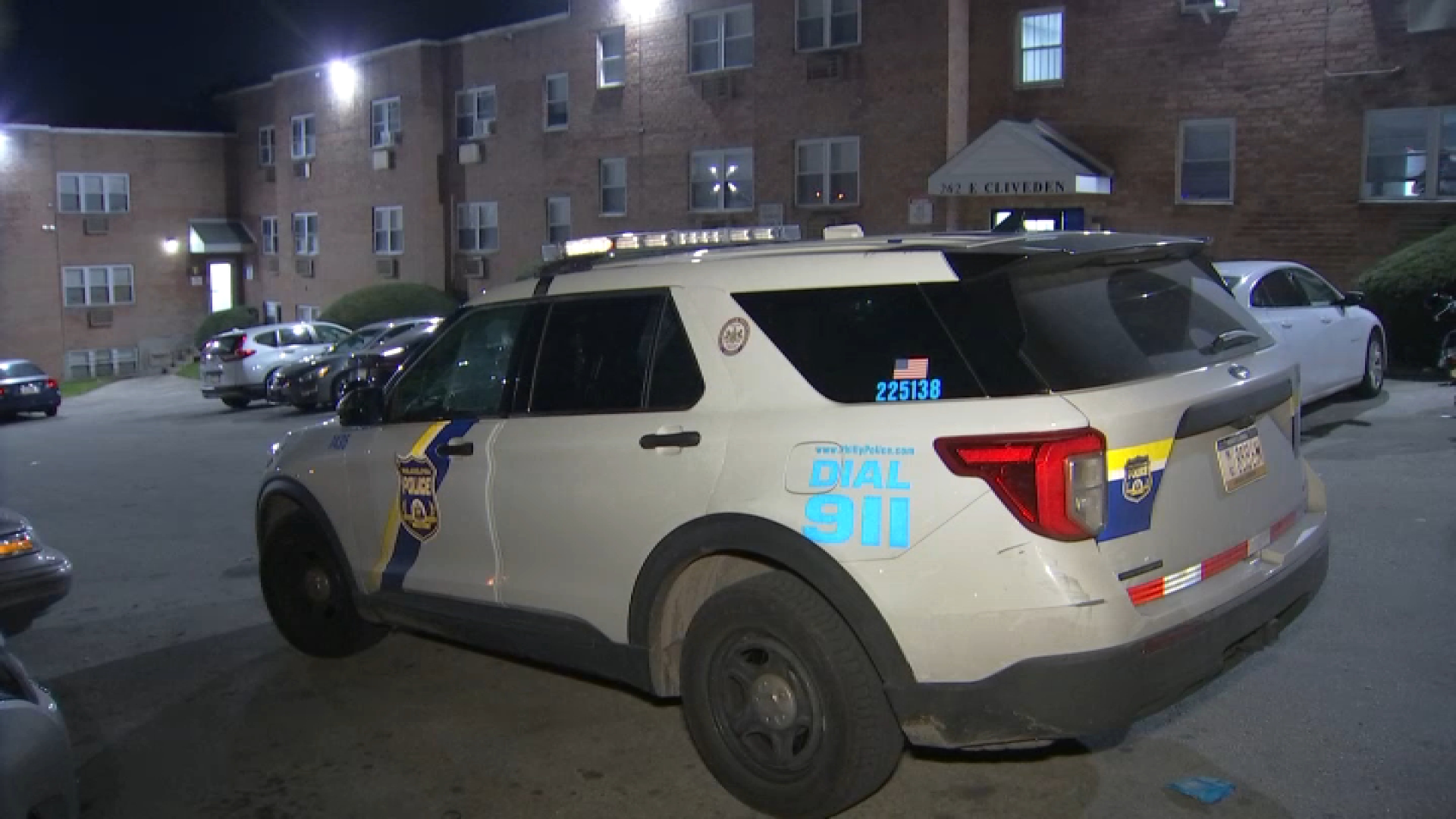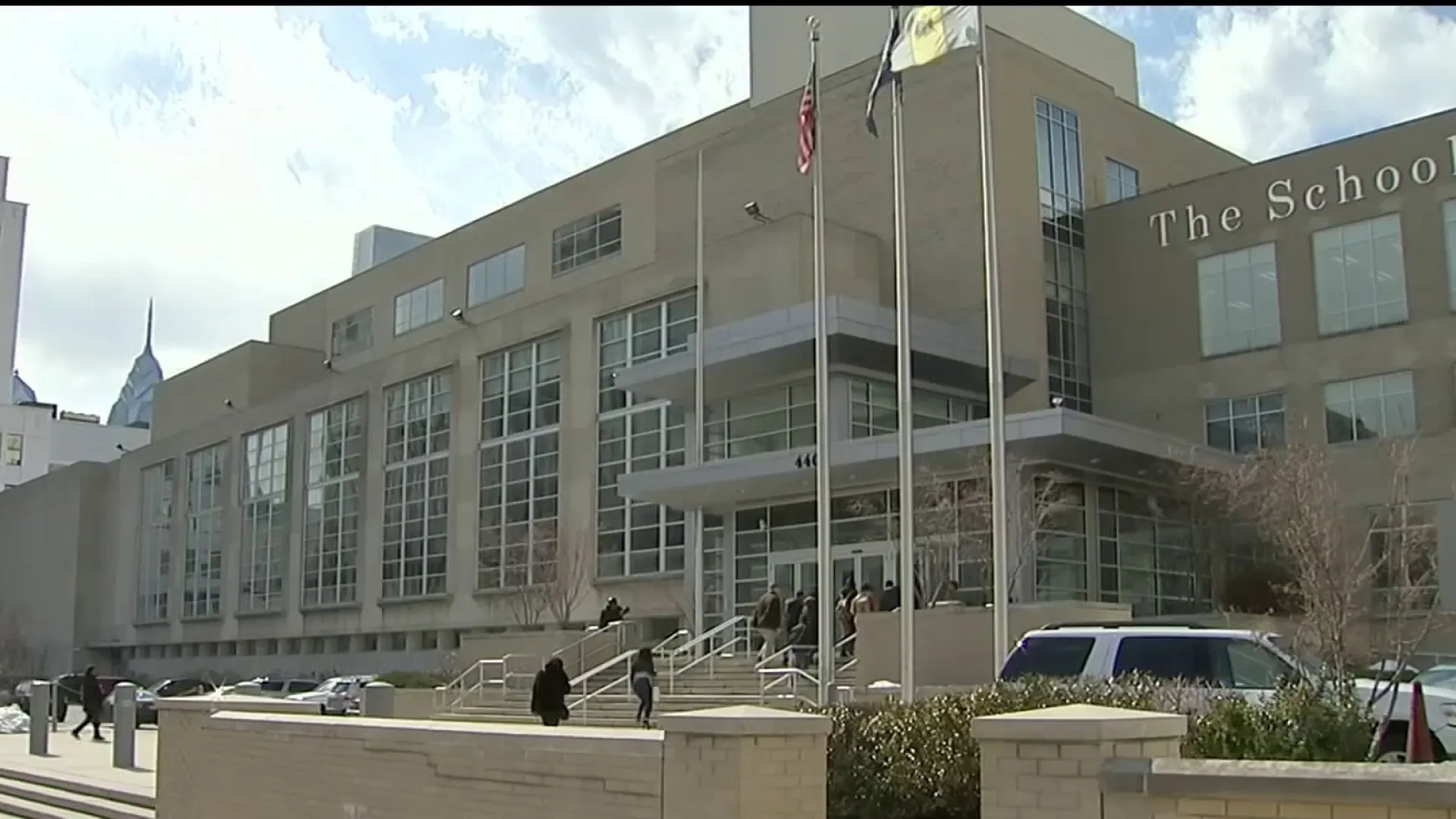Philadelphia Mayor Jim Kenney drew applause from a packed room of local residents and lawmakers Thursday morning when he announced plans to dissolve the School Reform Commission.
His plan puts into motion the beginning of the end for the governing body, which oversees Philadelphia’s school district. The SRC will vote on whether to disband at its next meeting on Nov. 16. From there, the floodgates will open for local control of schools to be returned to the mayor’s office.
So what does this mean for you?
Majority control of the SRC rests in the hands of Pennsylvania’s governor, who appoints three of the five seats. Philadelphia’s mayor appoints the remaining two. By turning the reins back to the city, local officials can now be held accountable for the local school district.
In short, if the city wants to make any changes to the school curriculum or code, it doesn’t need to lobby so-described outsiders. More importantly, residents will now have more control over the school district by exercising their right to vote a mayor in and out of office.
What does Kenney’s plan look like?
Assuming everything goes according to plan, the SRC will vote to disband on Nov. 16. The Pennsylvania Secretary of Education must then certify the vote by issuing a declaration dissolving the SRC by Dec. 31.
Local
Breaking news and the stories that matter to your neighborhood.
Even if the dissolution is granted, it won't go into effect until June 30, 2018 — the end of the fiscal year. During the six-month period, the SRC will continue to oversee the district while the new school board is appointed.
The new school board will be composed of nine people appointed by Kenney. Before that happens, however, there will be a 13-member committee who will receive nominations and make a short list of 27 names for Kenney to consider.
Kenney is expected to announce the nominating committee at the end of this year.
Why so much power in the mayor’s hands?
Prior to the creation of the SRC, a charter amendment introduced by then-Councilman Michael Nutter in 1999 gave the mayor power to appoint a local school board.
“That’s the way it’s always been,” Kenney told NBC10 in an interview Thursday. “What’s good about that is that the mayor is accountable, I will be accountable and future mayors will be accountable. It’s none of this finger-pointing.”
In 2016, a Pew Charitable Trust report found that school districts under mayoral control - Boston, New York City and D.C. - saw substantial improvement in student performance.
What is the SRC anyway?
Created in 2001, the SRC oversees the city’s public and charter schools, makes major policy and budgetary decisions for the school district and appoints the superintendent.
A similar body was originally proposed in 1998 by former Gov. Tom Ridge. It was founded three years later when the school district faced teacher strikes and a crumbling infrastructure. City leaders hoped for a state bailout, and the state demanded more oversight in exchange.
The current SRC has three members appointed by the governor who serve five years each and two members appointed by the mayor who serve four years each. There is no limit to the number of terms a member can serve.
What does the city propose to do once it regains control of the school district?
Philadelphia aims to create 25 community schools by 2020. These institutions are public schools with a full-time coordinator who works with students, parents, teachers, administrators and service providers to identify a neighborhood’s most pressing needs.
- Improve school facilities, plan safer transportation
- Offering college prep classes and training
- A capital improvement program that will begin to address our schools’ many physical building needs
- A 9th grade academy which provides academic supports and counseling to new students in order to decrease the dropout rate
- Modernizing our CTE programs and expanding access to them so that our students are prepared to compete
- Expanding college access through continued free PSAT and SAT testing for all students, more AP classes, and the first middle-college program in Pennsylvania, where high-school students can earn an associate's degree
- Hiring specialized reading coaches for every school and improving training and instructional support for K-3 teachers
- Equipping every K-3 classroom with new libraries full of books, and remodeling K-3 classrooms in schools with the lowest literacy rates
- Increasing the number of bilingual counseling assistants, filling all teacher vacancies and continuing to increase the diversity of our teaching workforce, so our teachers look like the City they serve
How will the city raise money to cover the projected $1 billion deficit?
Taxes, most likely. In his statement, Kenney said the city cannot rely on the state and budget cuts to close the gap.
“The final plan we will propose to meet the district’s needs will be difficult, and it will require everyone to pitch in - but the alternative is far worse,” he said.



